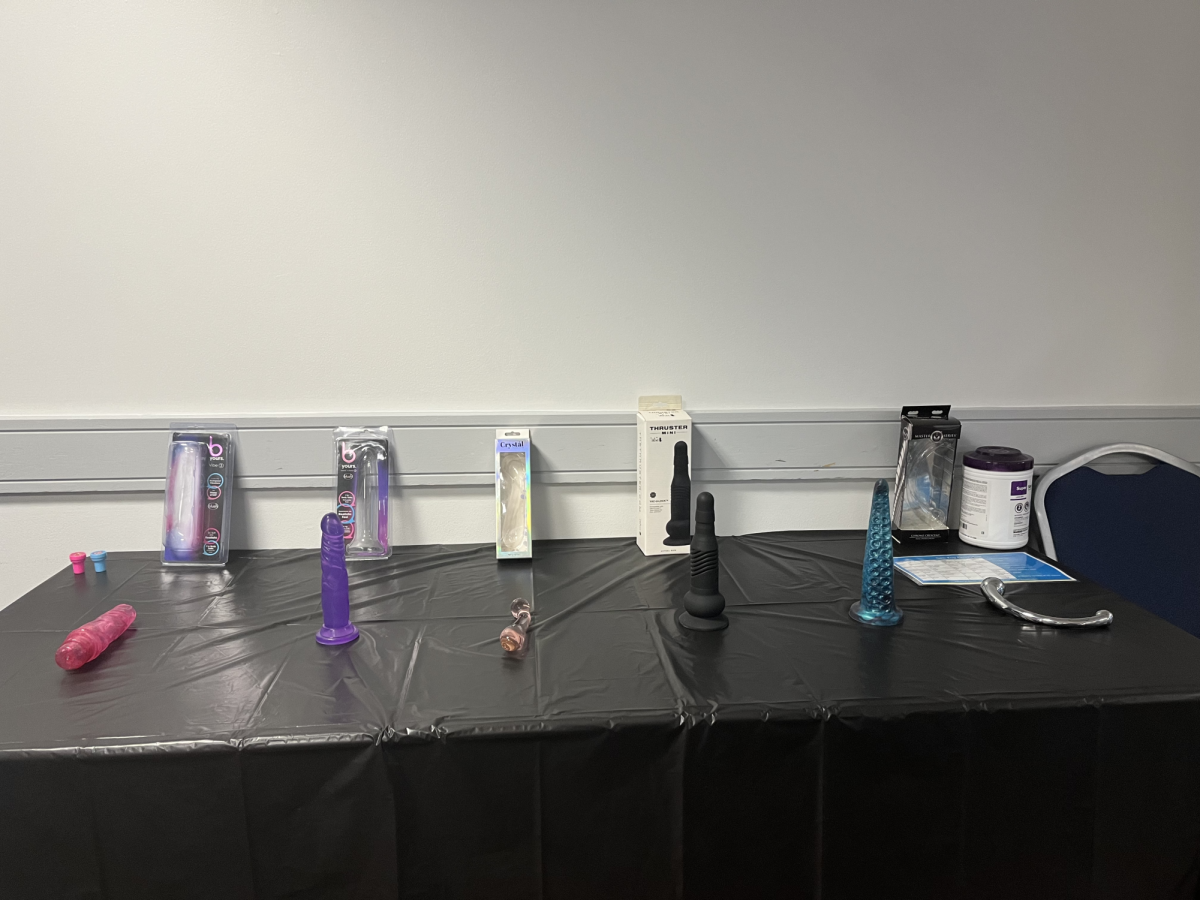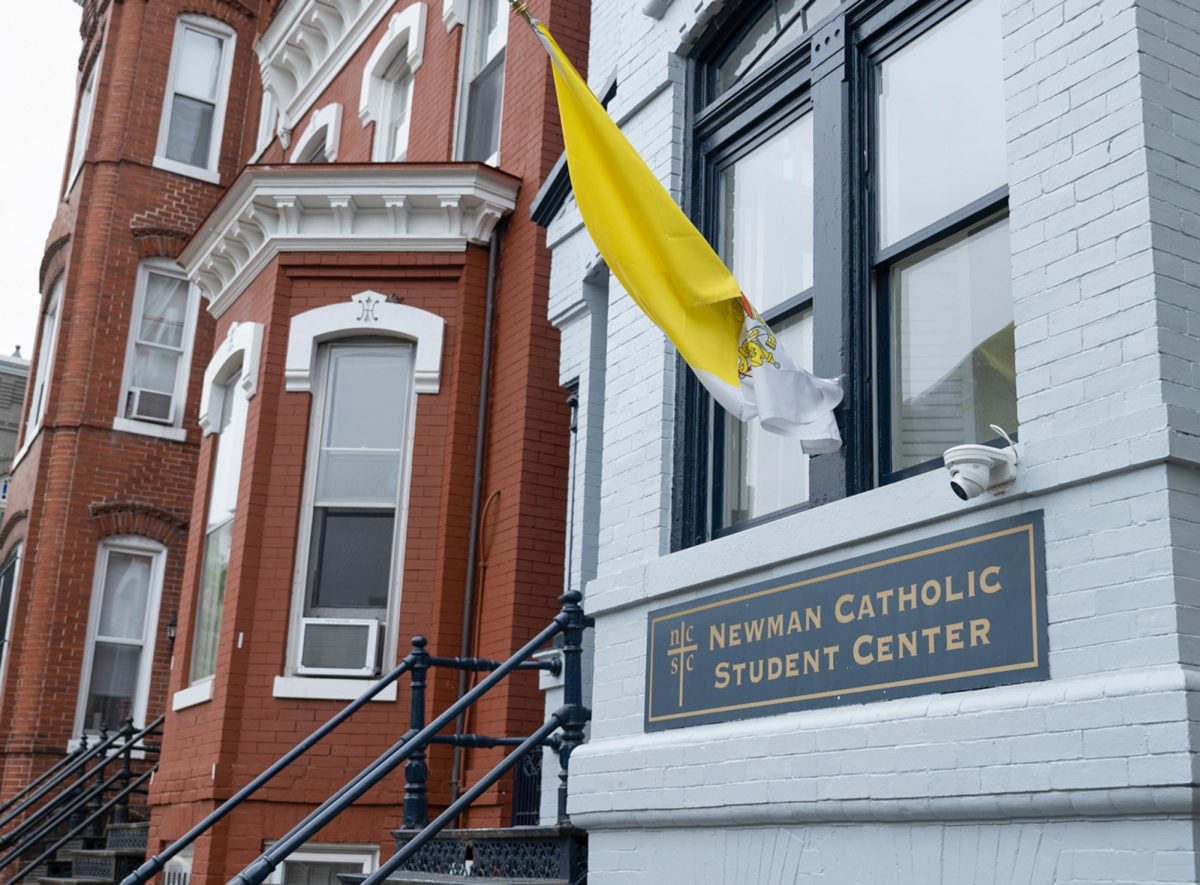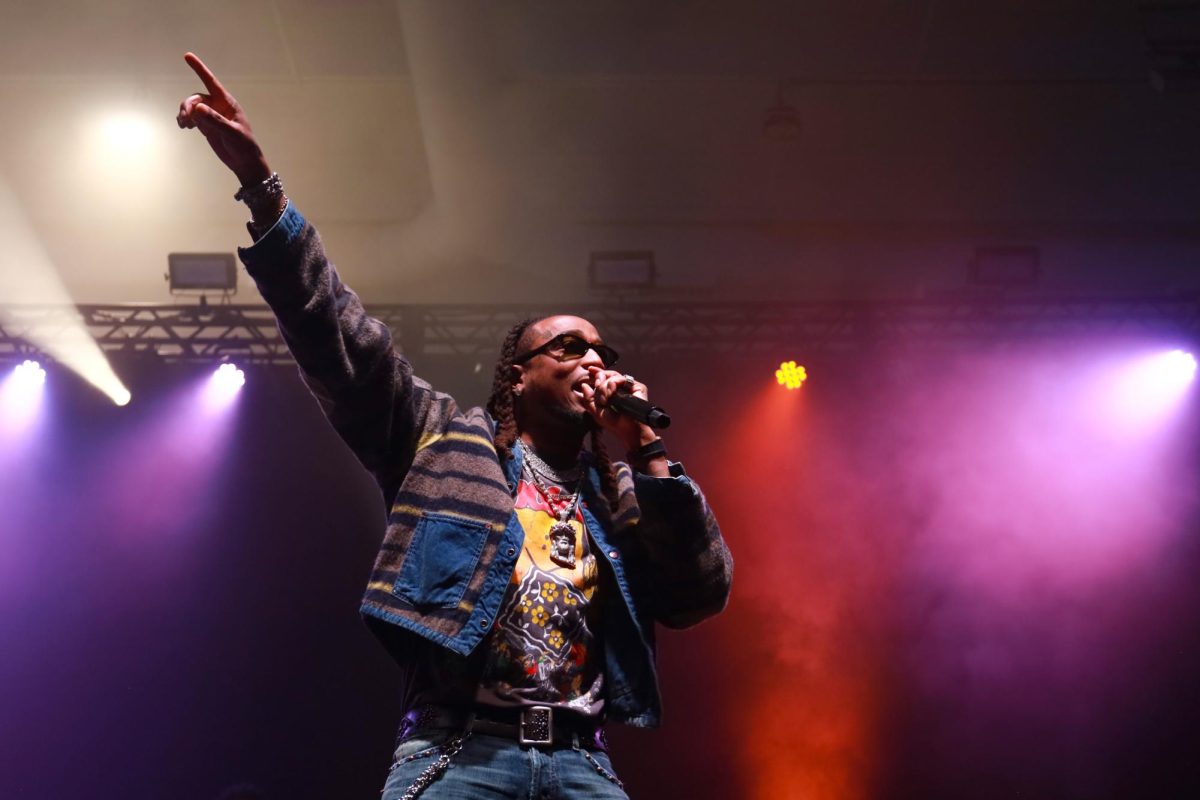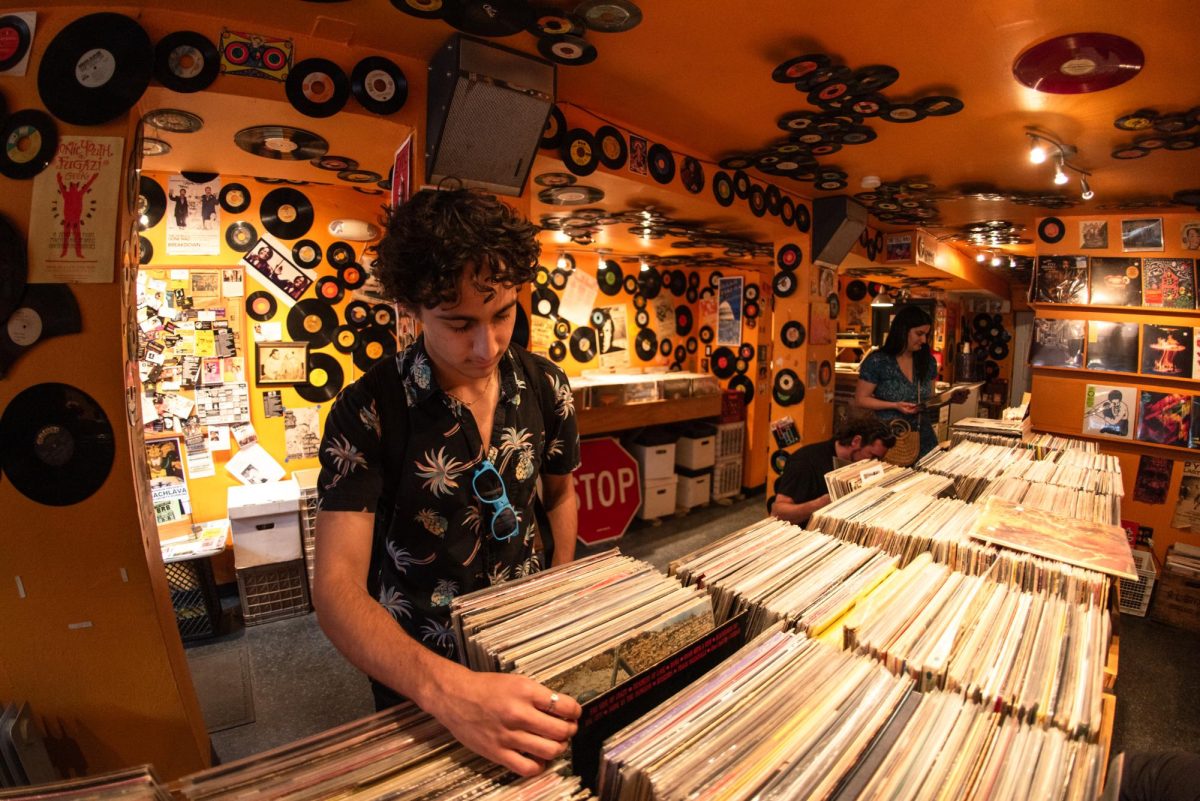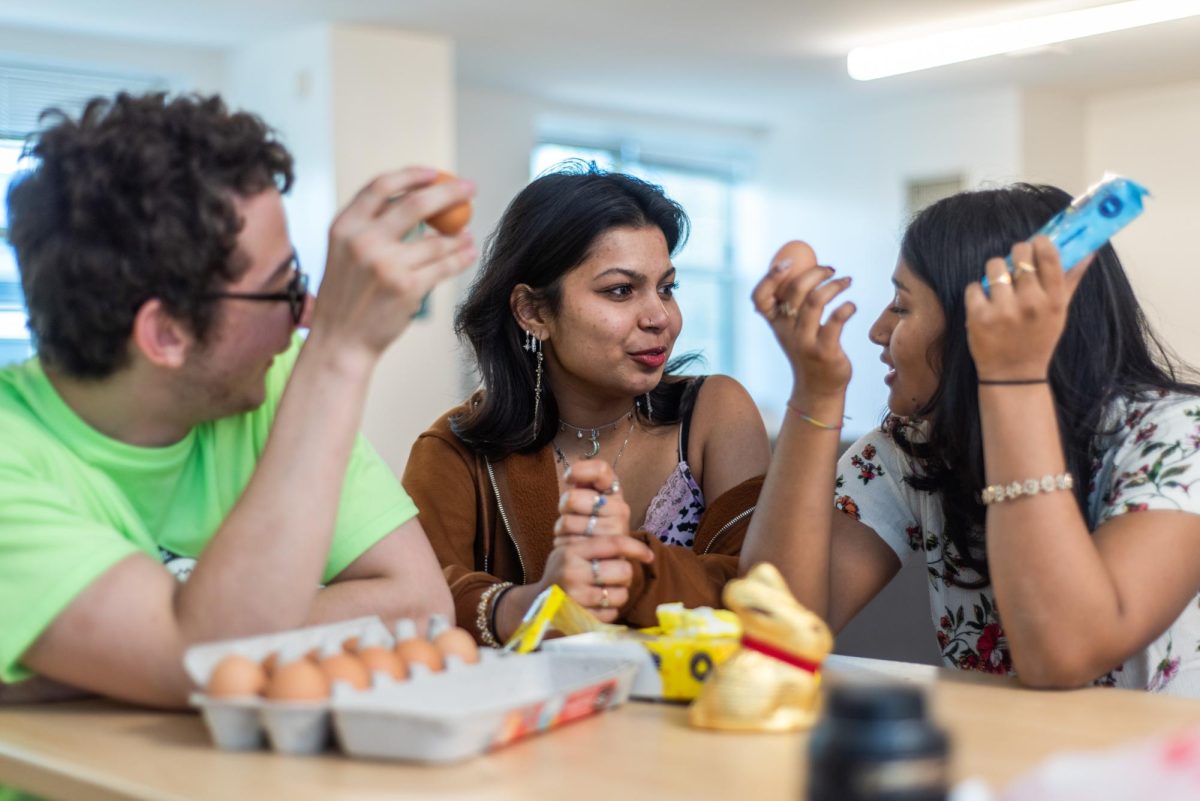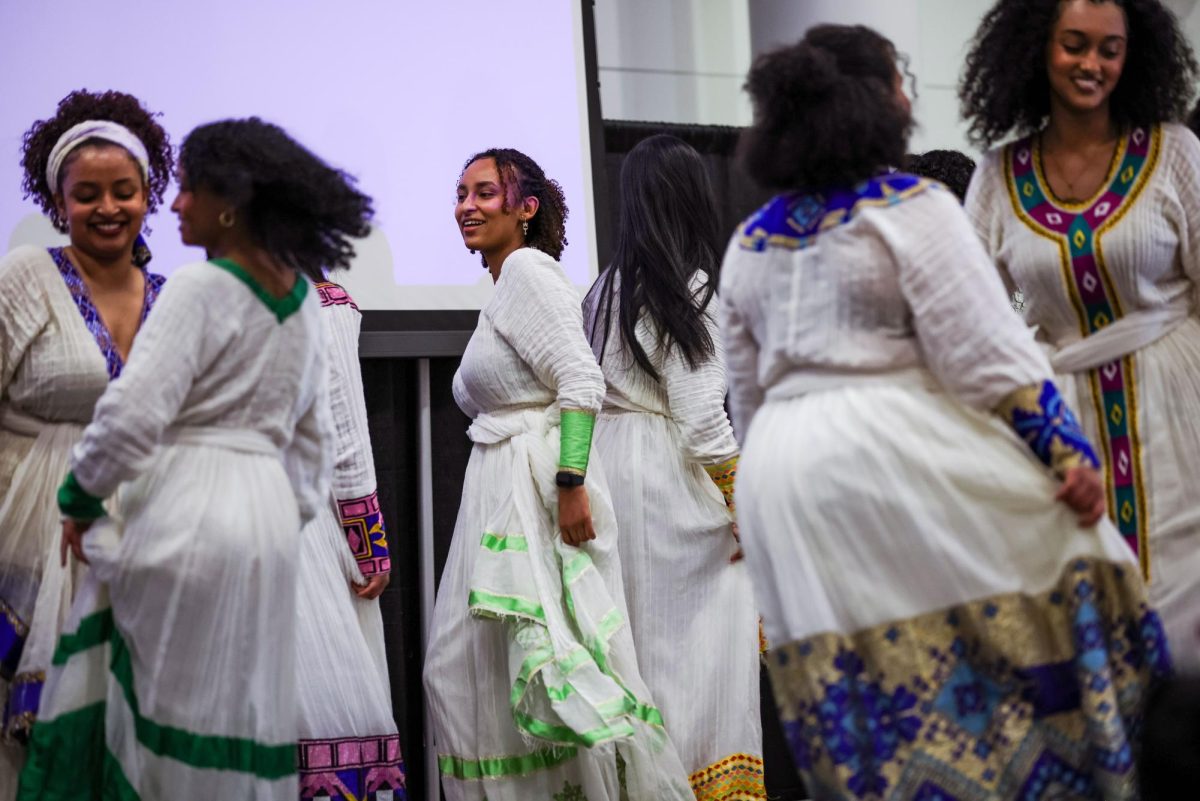Updated: June 6, 2020 at 3:26 p.m.
Following the recent police killings of George Floyd, Breonna Taylor and Tony McDade, people around the world have taken to the streets and social media in support of the Black Lives Matter movement.
You can show your support for the cause by following the recommendations of black activists and organizations: educate yourself on your own biases, use your democratic power to enact change, donate to organizations supporting the Black Lives Matter movement, engage in open and uncomfortable conversations about bias and discrimination and speak out against racism. By taking these steps, you can embark on the journey to become a more effective ally in the fight against police brutality.
Educate yourself
One of the most important steps you can take in this moment is to unlearn your racial biases and educate yourself on what it means to be antiracist with resources like these laid out by blacklivesmatter.carrd.co. You can read books and articles, listen to podcasts and watch shows and movies that discuss race and racism through analysis and critiques.
The New York Times, for example, published an antiracist reading list late last month, and activists on social media have suggested readings like “White Fragility” by Robin DiAngelo, “Between the World and Me” by Ta-Nehisi Coates and “Me and White Supremacy” by Layla F. Saad. Shorter articles include Adam Serwer’s “America’s Racial Contract is Showing” in The Atlantic and The Times’ 1619 Project, which tracks the history of race in America from the arrival of the first slave ship.
Other resources include podcasts like “About Race,” “Seeing White” and NPR’s “Code Switch,” which talk about the construction of race and how race is a confounding factor in every aspect of American life.
Listening to daily news podcasts can also be helpful to understand current events. Listen to the The Times’ recent episode of the news podcast “The Daily” called “A Weekend of Pain and Protest” to keep up on the unprecedented demonstrations around the country and globe or NPR’s “Up First” for a news rundown of recent events.
Donate to pro bono organizations, communities and families affected by police brutality
If you are able, actions speak louder than words, and there is no shortage of deserving organizations and fundraisers to donate in support of black lives – including the families of Floyd, Taylor, McDade, Ahmaud Arbery and other black Americans killed unjustly.
The National Association for the Advancement of Colored People Legal Defense and Educational Fund fights for racial justice through litigation, advocacy and public education. Reclaim the Block uses donations to invest in the pursuit of Minneapolis black community health, housing security and violence prevention. You can also donate directly to the Black Lives Matter organization to support their “fight to end state-sanctioned violence, liberate black people and end white supremacy forever.”
You can find more resources and donation links on the Black Lives Matter page, including ways to donate without spending your own money. For example, some YouTubers are committing to donate advertisement revenues from their videos to the Black Lives Matter movement. All you need to do is stream their videos.
Amplify black voices online
When used responsibly, social media can be a powerful tool for sparking discussions and spreading awareness about social justice issues. But bear in mind that your voice may not be the most important one in conversations about race.
The Black Student Union’s Five Step Guide to Allyship reminds members of the GW community that allyship persists beyond trending hashtags and should focus on raising the voices of marginalized communities. Make the conscious effort to follow accounts run by black activists, business owners, researchers and the like and center your digital advocacy on black experiences.
Several social media campaigns have circulated over the past week, like #BlackOutTuesday, in support of the protesters against police violence. But after Instagram merged that hashtag with #BlackLivesMatter, it became more difficult for activists on the ground to share information about protests and their safety as a result of #BlackOutTuesday content appearing instead – activists like Anthony Williams advise allies on social media to heed black voices to ensure your activism doesn’t actively harm the movement.
Sign petitions and reach out to legislators
Petitions like Justice for George Floyd, #JusticeforBre and Justice For Tony McDade help bring lawmakers’ attention to police brutality and call on local leaders to charge and fire the officers who killed Floyd, Taylor and McDade. Signing these petitions takes less than a minute and quantifies to politicians support for these measures.
You should also contact your mayor or city council and call on them to adopt policies to prevent similar tragedies from happening again. Campaign Zero launched #8CANTWAIT this week to push for eight use of force policies that could reduce police violence, including a ban on chokeholds, mandatory de-escalation training, warning before shooting and exhausting all alternatives before shooting – though many have pointed out these reforms alone aren’t enough and instead advocate for defunding the police.
Have the hard conversations
Part of being an ally in the fight against racial injustice is confronting the uncomfortable ways that racism perpetuates in your family, community, workplace or school. These conversations can be uncomfortable but are necessary to confront racial biases.
Some good discussion questions to ask yourself and your friends include: How do you behave when you are confronted by racist behavior? In what ways have you ignored this behavior in the past? Who taught you about race and culture, and how could that have an effect on how you think now? When you post on social media, are your intentions in the right place or are you posting for personal or external gratification?
In an effort to better understand what your black friends are going through, you may be tempted to ask them questions about their reactions or opinions to recent events. But be aware that racial trauma is a difficult and frustrating experience and that your well-meaning message may actually add to their burden by asking them to serve as instructors, according to University of Ottawa associate professor of psychology Monnica Williams.
Before reaching out to your black friends, consider your assumptions about their feelings and your intent in reaching out, writes Refinery29 reporter Elizabeth Gulino. And seek the answers to your questions about race online first before borrowing someone else’s time.



